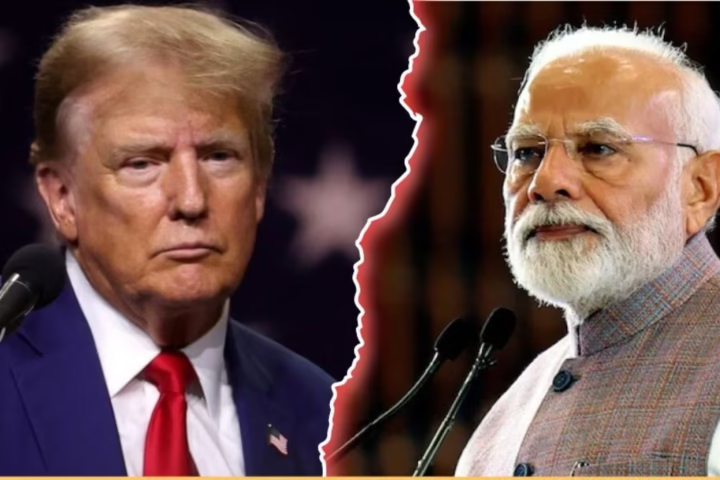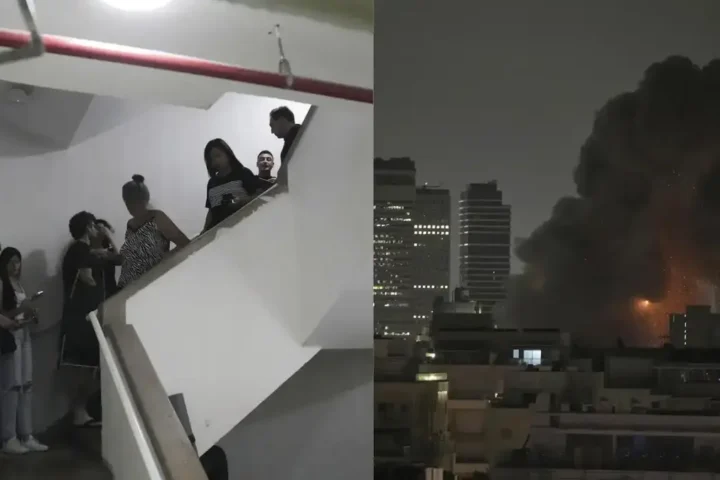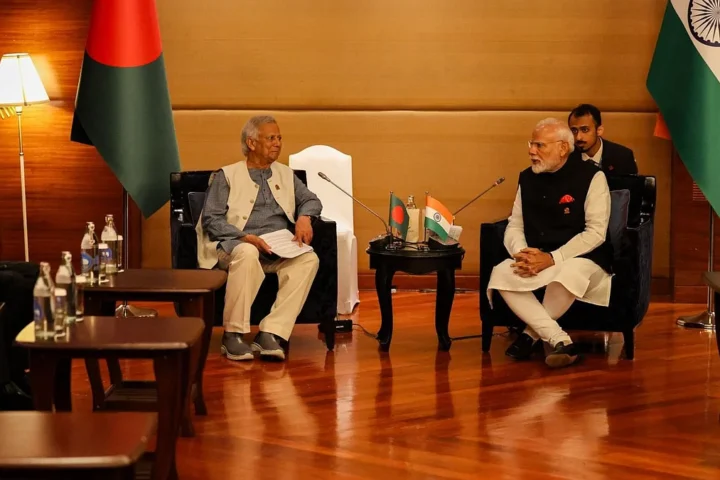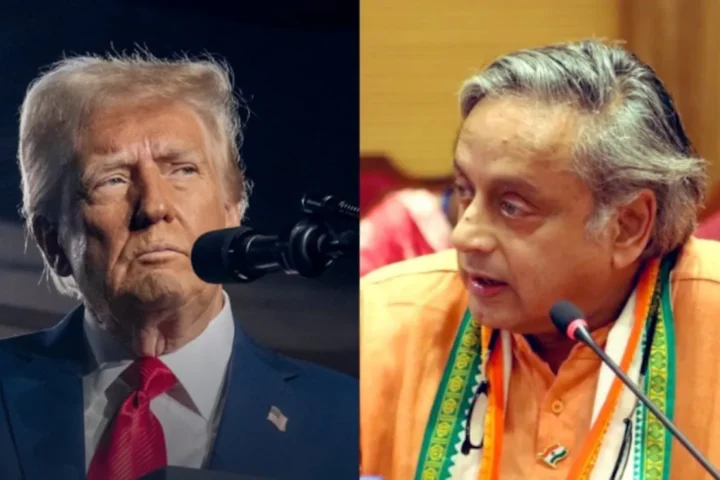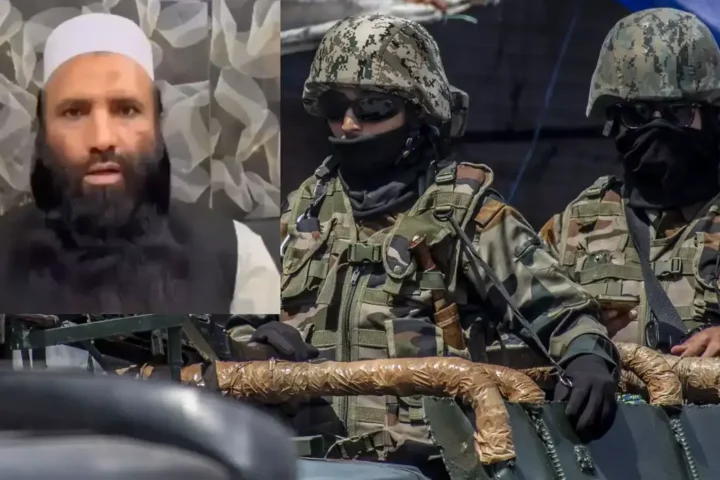The Jammu and Kashmir Legislative Assembly witnessed high drama on Monday as legislators from the National Conference (NC), Congress, and several independents staged a protest against the Waqf (Amendment) Act, alleging that the move undermines the rights of the Muslim community in the region.
The protest, led by NC MLAs Hilal Lone and Salman Sagar, escalated when they tore copies of the amended Waqf Act inside the House. In a symbolic gesture of dissent, senior MLA Abdul Majeed Larmi threw his jacket on the Assembly floor. The uproar forced Speaker Abdul Rahim Rather to adjourn the House for 15 minutes—the first adjournment of the ongoing Budget session.
Demand for Debate Rejected
NC and allied legislators demanded an immediate discussion on the Waqf (Amendment) Act, which they argue has far-reaching implications for Jammu and Kashmir, India’s only Muslim-majority region. However, the Speaker refused to suspend the question hour, citing the matter as sub judice.
Tanvir Sadiq, an NC MLA, stated, “We have moved an adjournment motion signed by over 10 MLAs. It is our constitutional and democratic right to raise issues that directly affect the religious institutions and sentiments of the people.”
Key Features of the Waqf (Amendment) Act
The Waqf (Amendment) Act, recently passed in the Lok Sabha, includes the following provisions:
- Empowerment of the central government to validate Waqf land records.
- Authorization to include non-Muslim members on Waqf Boards.
- Enhanced control of the state over the functioning of Waqf properties and finances.
While the government maintains that the amendments are aimed at increasing transparency and curbing corruption, opposition leaders argue that the law threatens to dilute the autonomy of Muslim religious endowments.
PDP Slams NC-Led Government for Aligning with Centre
People’s Democratic Party (PDP) leader Waheed Parra accused the National Conference-led government of “aiding the BJP-led NDA” in pushing through the controversial bill. “This is a betrayal of the public mandate,” Parra said. “Jammu and Kashmir should have taken a proactive stand against this law, just as Tamil Nadu did.”
He further questioned the Speaker’s justification of the issue being sub judice, citing past instances where the Assembly debated Article 370 and the Citizenship Amendment Act (CAA) despite those matters being under judicial review.
Public Opinion Paints a Different Picture
Interestingly, despite the opposition’s strong resistance, recent public opinion data suggests a contrasting narrative. According to a nationwide survey conducted by LocalCircles in 2024, over 91 percent of respondents supported reforms to the Waqf Act to promote transparency and better management of properties. The survey included 47,000 participants, among whom 7,213 identified as Muslims.
This data highlights a potential disconnect between the political leadership’s position and public sentiment, particularly among moderate and reform-minded sections of the Muslim population.
Interesting Read
Conclusion
The incident underscores growing political friction in Jammu and Kashmir over religious governance and minority rights. As the debate over the Waqf Act continues, the Assembly’s reaction reflects both regional sensitivities and broader national questions about religious autonomy and administrative reform.
Whether the Act serves as a step toward transparency or a threat to Muslim heritage remains a contentious issue, with legislative clarity and public discourse set to shape its future.



